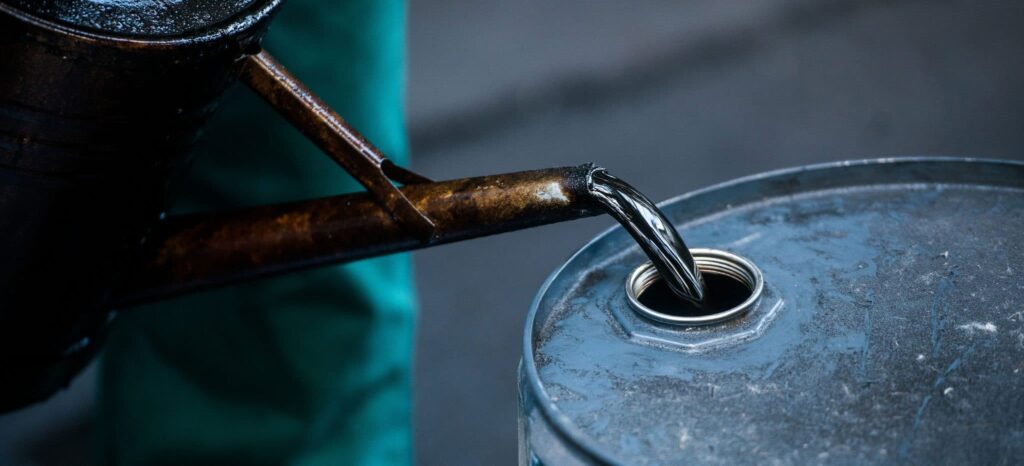Local refineries in Nigeria continue to face significant challenges in accessing crude oil. Reports indicate that over 60 million barrels of Nigerian crude oil remain unsold, floating at sea while local facilities suffer from insufficient supply.
Insiders have voiced concerns about the ongoing difficulties, despite warnings from the Nigerian Upstream Petroleum Regulatory Commission (NUPRC). The commission has instructed that crude oil meant for domestic refineries must not be exported, as per the February 2, 2025, directive by NUPRC Chief Executive Gbenga Komolafe. The regulator has also stated it will deny export permits for crude designated for local refineries.
The Petroleum Industry Act (PIA) mandates that producers supply crude oil to domestic refineries under the Domestic Crude Supply Obligations (DCSO). However, sources claim this law is frequently violated, with oil firms selling crude to foreign traders who resell it back to Nigeria at inflated prices. Analysts argue that these actions are pricing local refineries out of the market.
Bimbo Oyarinu, a public affairs expert, criticized international oil companies (IOCs) for charging local refineries higher premiums while offering lower prices internationally. He labeled these practices as an attempt to undermine Nigerian refineries in favor of foreign competitors.
The Crude Oil Refinery-owners Association of Nigeria (CORAN) has raised similar concerns. According to its spokesperson, Eche Idoko, crude shortages have stalled progress for several refineries. While a few refineries like Walter Smith and Aradel Energy manage intermittent production, many others remain idle. Some, such as the Edo Refinery, are exploring international crude suppliers due to local supply challenges.
Large-scale facilities like the Dangote Refinery have also resorted to importing crude from countries such as the United States, Angola, and Algeria. This situation has further compounded issues of foreign exchange scarcity and economic instability in Nigeria.
Industry experts have called on regulators to enforce policies that prioritize crude supply to domestic refineries. This would reduce Nigeria’s reliance on imported petroleum products, lower costs, create jobs, and boost economic growth.
Despite these challenges, efforts by the Nigerian Midstream and Downstream Petroleum Regulatory Authority (NMDPRA) have resulted in some positive outcomes. The decline in imported petrol from 44.6 million liters per day in August 2024 to 14.7 million liters per day by April 2025 is a testament to progress in promoting local refining.
Experts, including Dr. Ayodele Oni, believe that reluctance by IOCs to supply local refineries is driven by a preference for dollar payments over naira, which fluctuates in value. They stress that efficient implementation of domestic crude supply policies could mitigate the risk of higher prices for refined products and improve energy security.







